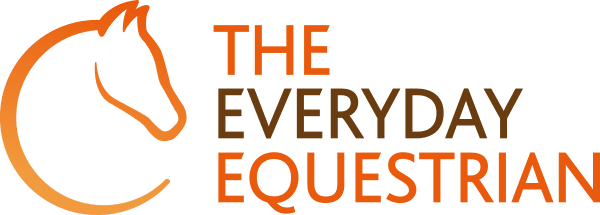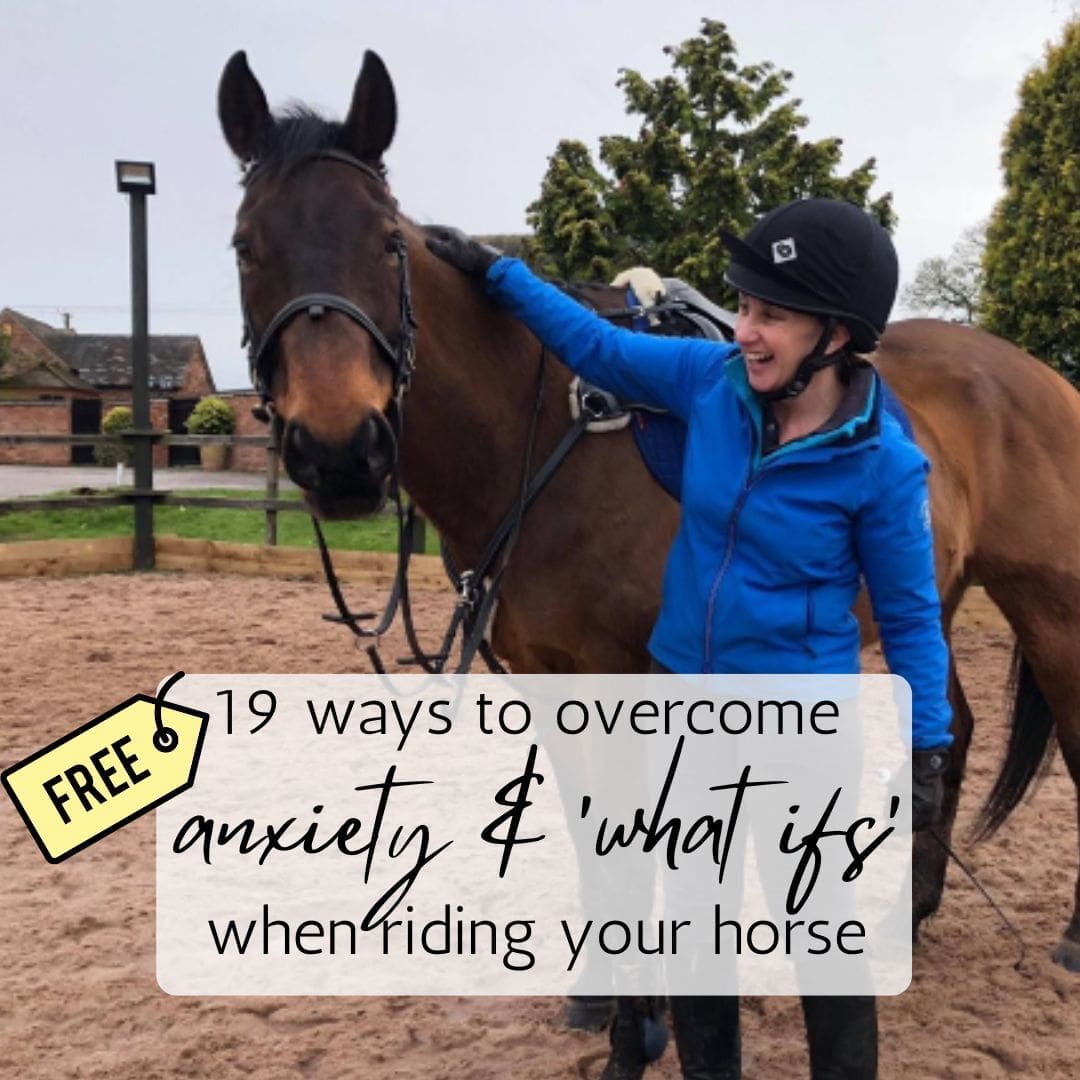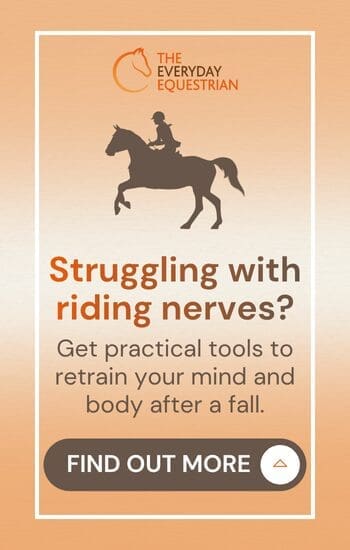A Riding Instructor and a Lightbulb Moment
No Riding Instructor is perfect! There’s value in developing good communication skills, and reflecting on what worked & what didn’t.
As a Riding Instructor and Equestrian Coach, sometimes you just get those moments in lessons where the penny drops, and something you’ve been trying to improve for a while suddenly becomes clear.
I had one of those moments this week. The client I was teaching has always struggled with riding her horse in left bend. Despite repeated prompts from me about her riding position, and the subtle changes that needed to be made in order to achieve a decent left bend in her horse, it was clear that there was not much of a change happening. Hmm, time to investigate.
We had a really interesting chat during a break in the ridden work, and I asked the lady what she felt her body was doing when I asked her to “turn her shoulders to the left” in line with the bend we were trying to achieve in the horse. She explained that she found it to physically look left and turn her neck and shoulders, in order to look in the direction of travel. She said that she was experiencing some soreness in her neck when trying to do what I was asking. Now this was less than ideal, as I know that she suffers with osteoarthritis in her neck and other parts of her body, plus she has a dodgy hip too!
While she was riding quietly in walk on a loose rein on a vaguely large circle, I asked her to physically show me what she was doing when I prompted her to turn her upper body to the left. I watched. She was doing something a bit odd, if I’m honest. It looked as if she was trying to turn left with just her shoulders, while her ribcage and everything below her shoulders remained fairly straight. And stiff.
What had happened? We broke down the movement, and we discussed that what I meant was for her to turn her upper body from the waist upwards. It is physically impossible to just turn the shoulders on their own!
I knew exactly what I was trying to get her to do, but my language meant that she interpreted the guidance very differently to what I had intended.
We played with the different movements – swapping from what she was trying to do previously, to the new technique of turning the whole upper body from the waist. And there it was, the lightbulb moment. The mare was wandering around on a loose rein, and when the lady moved her body in the new way, she offered a lovely left bend without actively being asked for it!
Such a fascinating insight into the value and importance of good communication. What we say as a Coach or Instructor is not always what a rider hears (or understands). Missed detail, generalisations, over-efficiency in the use of language when you’re trying to communicate quickly, lack of awareness of the impact of the chosen words, can all have a negative impact on what the rider hears (never mind their own internal deletions, distortions and generalisations!).
However, it was a huge lightbulb moment for the client and me! Do they happen every lesson? Nope. But when they do, these moments where the penny drops, or a real time leap forwards in understanding and application, are amazing and a huge part of the reason I love what I do as a riding instructor.
Nobody is perfect. We all could take more time to reflect on events and what we can learn from them. That’s how imperfect progress, not perfection, takes place.
Have you experienced a ‘lightbulb’ moment in your riding? Maybe your riding instructor has really helped you achieve it? I’d love to hear how it had an impact on you, so do drop me a line in the comments below.
Onwards! Ax
P.S. If you haven’t already found it, I have a FREE Facebook group called Inspired Equestrian Training – click HERE to join now
P.P.S If you’d like to find out more about lessons with me, click HERE



